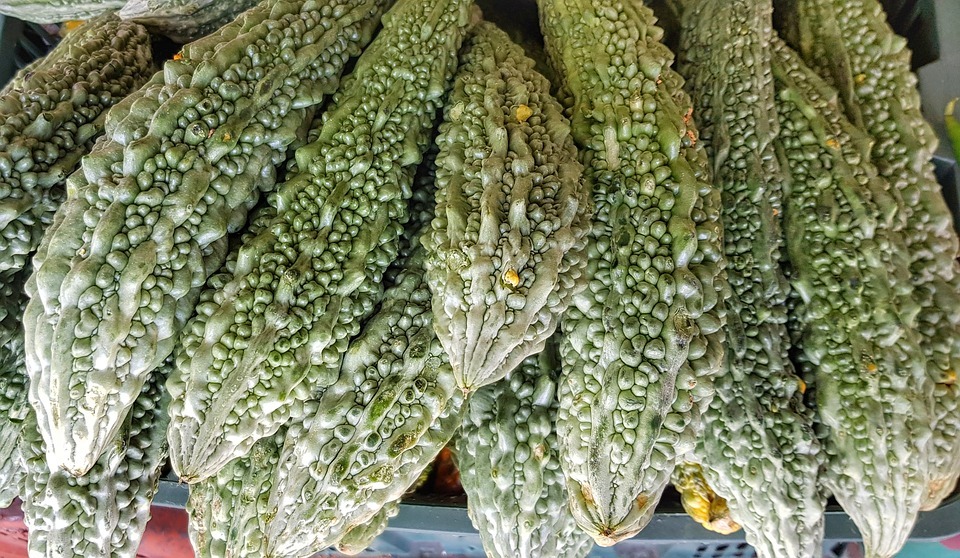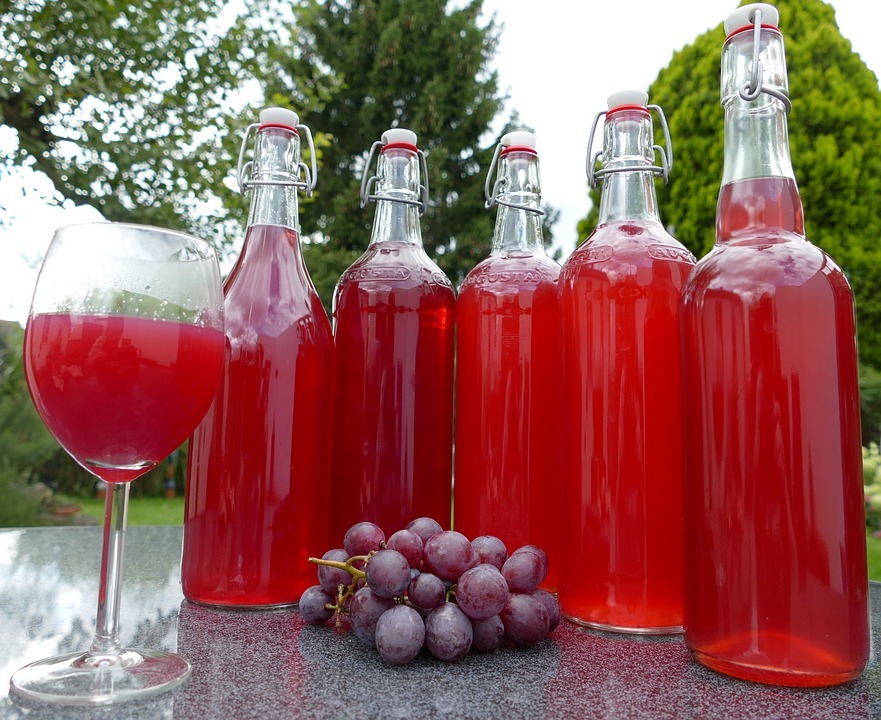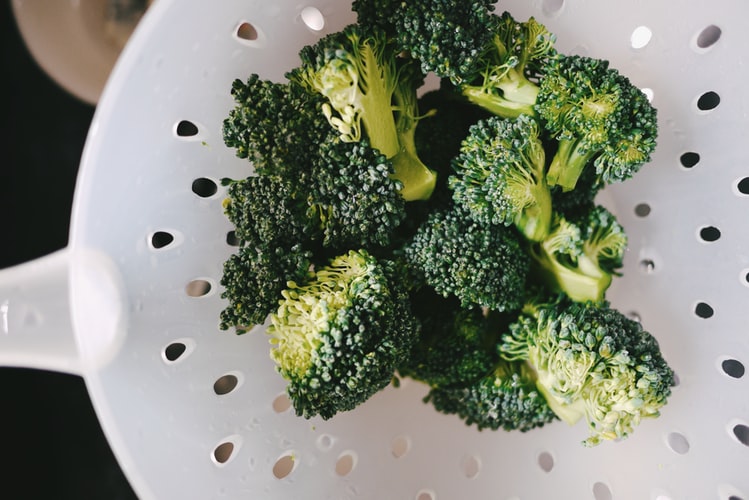Can Juice Go Bad?
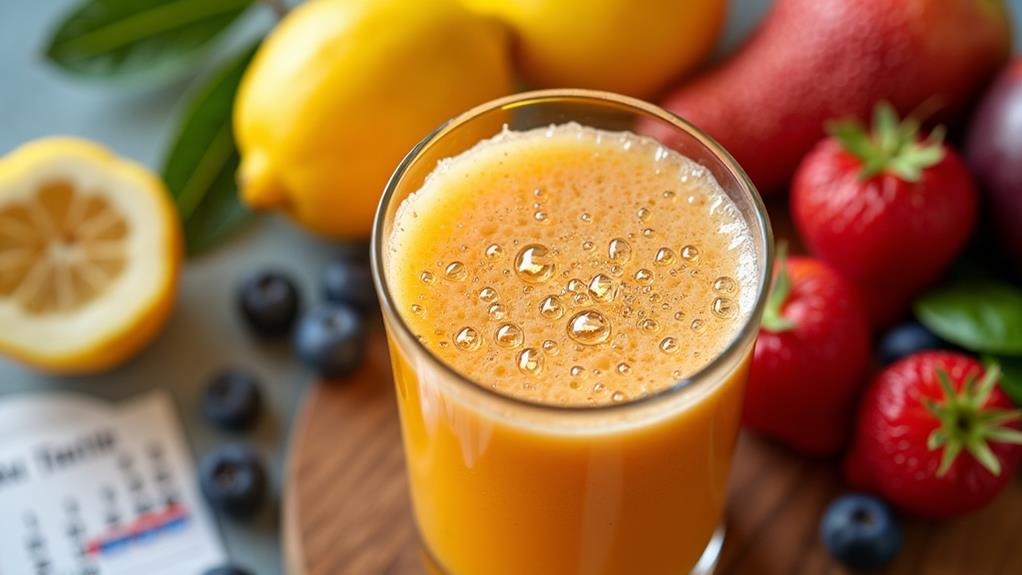
Juice can indeed go bad, and understanding why is essential for your health. Factors like the type of juice and storage conditions play significant roles. Freshly squeezed juices spoil faster than pasteurized ones due to the lack of preservatives. Exposure to light and air accelerates this spoilage process. Signs that your juice may no longer be safe to drink include a sour smell or a change in color. Consuming spoiled juice can pose health risks like foodborne illnesses. To ensure your juice stays fresh, store it in a cool, dark place and consume it within its recommended timeframe.
Factors Affecting Juice Freshness
Several key factors affect juice freshness. The type of juice is a primary determinant. Cold-pressed and freshly squeezed juices lack preservatives and are not pasteurized, resulting in a shorter shelf life. In contrast, commercially processed juices contain preservatives that extend their shelf life.
Temperature plays a crucial role in maintaining juice freshness. Refrigerated juices can stay fresh for 1-2 weeks if unopened, whereas properly sealed, unrefrigerated juices can last for several months. Consistent refrigeration helps extend shelf life and prevent spoilage. Light and air exposure can rapidly degrade juice quality, causing off-flavors and faster spoilage. To mitigate this, store juice in dark, airtight containers.
The acidity level of juice significantly influences its resistance to bacterial growth and overall shelf stability. Acidic juices, such as orange and grape, are more resistant to bacteria, which helps maintain freshness for longer periods. Always monitor for signs of spoilage, such as sour smells, cloudiness, or mold growth, as these indicate that the juice is no longer fresh and should not be consumed.
Shelf Life of Different Juices
Understanding the shelf life of different juices helps you make informed choices about storage and consumption. For instance, refrigerated orange juice can last 1-2 weeks unopened and 8-9 days once opened. If it's shelf-stable (unrefrigerated), it can last 3-9 months when sealed and 8-10 days after opening. Cold-pressed juice, known for its fresh taste and lack of preservatives, has a much shorter shelf life of just 2-3 days when refrigerated, so it should be consumed within that timeframe.
Commercially processed juices like apple juice have a longer shelf life due to pasteurization. Unopened cans of apple juice can last up to a year, though for the best flavor, it's advisable to drink it within 4 months. Freshly squeezed juices spoil faster than their store-bought counterparts, so consume them immediately or within a few days to ensure both safety and taste.
Signs of Spoiled Juice
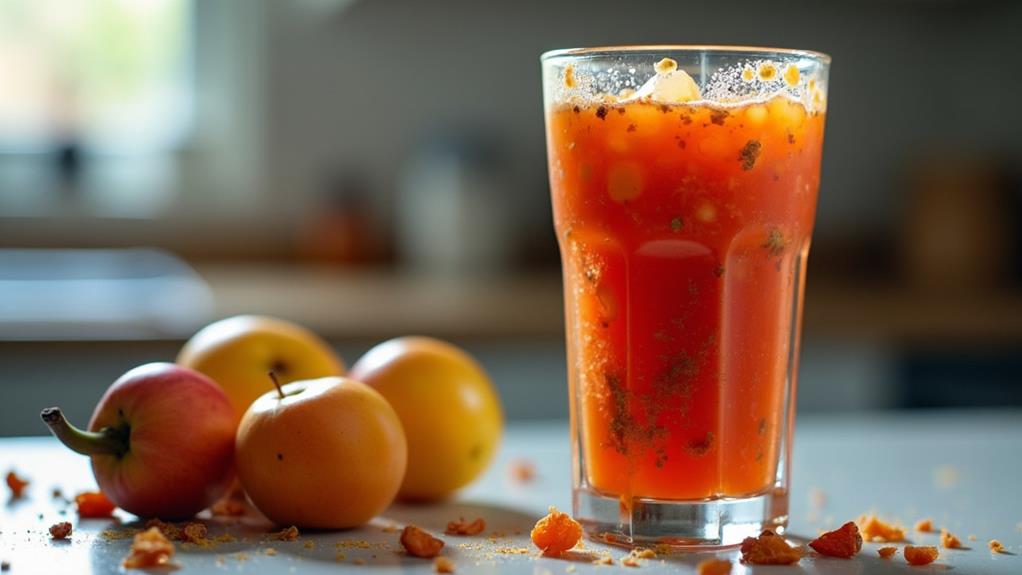
Recognizing the signs of spoiled juice is crucial to prevent consumption of potentially harmful beverages. Trust your senses to detect spoilage:
- Sour Smell: A sour odor or a scent similar to beer or wine indicates fermentation.
- Bubbles or Cloudiness: These are signs of active fermentation and declining quality.
- Darkening Color: A change to a darker hue over time signals deterioration.
- Mold Growth: Any mold, whether white or green, means the juice is unsafe.
Additionally, inspect the packaging for these indicators:
- Bloated Packaging: Swelling suggests gas buildup from spoilage.
- Popping Sound: A popping noise upon opening indicates fermentation.
Safety Risks of Expired Juice
Drinking expired juice, especially unpasteurized varieties, exposes you to harmful bacteria that can lead to serious foodborne illnesses. Symptoms such as nausea, diarrhea, and abdominal pain may occur within hours or days. To minimize health risks, always store juice properly and adhere to expiration dates.
Bacterial Contamination Risks
Expired juice, particularly unpasteurized types like cold-pressed varieties, poses significant bacterial contamination risks that can lead to foodborne illnesses. Unpasteurized juices are especially susceptible to harmful bacteria, which can multiply quickly once the juice has expired, increasing the risk of severe health issues. To protect yourself, it is crucial to identify spoilage signs and take prompt action.
Here are three essential steps to minimize risks:
- Check for Spoilage Signs: Regularly inspect your juice for sour smells, changes in color, or any unusual appearance. These are clear indicators of potential bacterial contamination.
- Discard Expired Juice: Immediately dispose of expired juice, even if it looks and smells fine. Consuming expired juice can expose you to foodborne bacteria that cause symptoms like nausea, diarrhea, and abdominal pain.
- Choose Pasteurized Options: Opt for pasteurized juices whenever possible. Pasteurization significantly reduces the risk of contamination by killing harmful bacteria, making these beverages a safer choice.
Health Implications
Consuming expired juice can have serious health implications, primarily due to the risk of bacterial contamination. Expired juice, especially unpasteurized varieties, poses an increased risk of foodborne illnesses caused by harmful bacteria. Symptoms such as nausea, diarrhea, and abdominal pain can manifest within 1-3 days of consumption, underscoring the importance of monitoring for spoilage indicators.
Freshly squeezed and cold-pressed juices are particularly susceptible to bacterial growth due to the lack of pasteurization. Therefore, strict adherence to expiration dates is crucial to avoid health risks. Always inspect juice for off smells, changes in color, or mold growth before consuming, as these signs indicate the presence of harmful bacteria.
Vulnerable populations, including children, the elderly, and immunocompromised individuals, face heightened risks from expired juice. For these groups, the consequences of foodborne illnesses can be severe, making vigilance essential. In summary, it is vital to be attentive to expiration dates and spoilage signs to safeguard your health.
Proper Juice Storage Tips
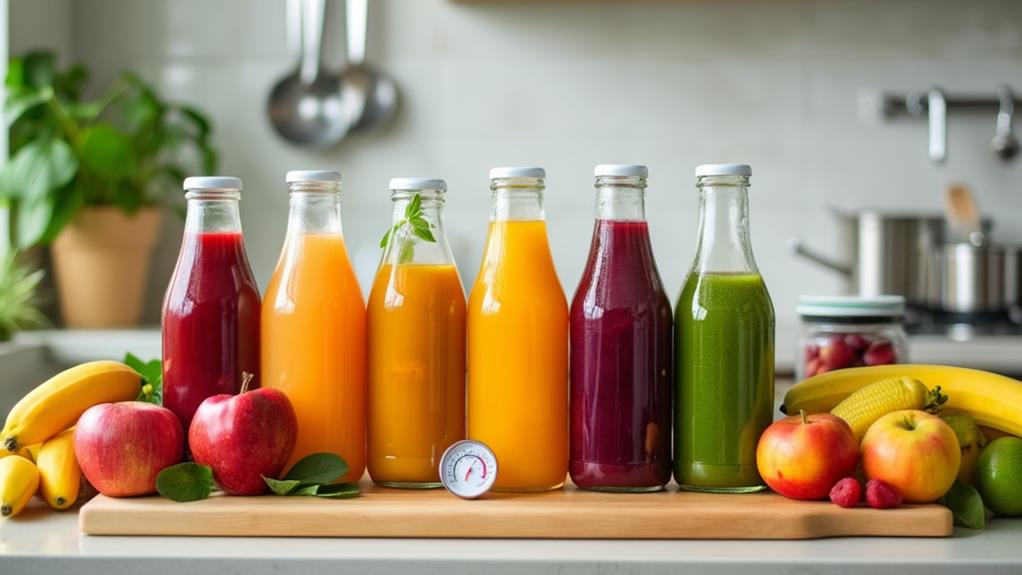
To keep your juice fresh, always refrigerate it after opening, as unrefrigerated juice can spoil quickly. Store unopened juice in a cool, dark place to prevent spoilage from light and heat. Pay attention to the expiration date and signs of fermentation. Consume homemade or cold-pressed juices within a few days to ensure safety.
Refrigeration Importance
Proper refrigeration is crucial for keeping juice fresh and safe to drink. Understanding its importance can help you store juices correctly, preventing spoilage and contamination from food-borne bacteria. Here are essential tips to maintain juice freshness and safety:
- Temperature Control: Always store juices at temperatures below 40°F. Even unopened containers can spoil quickly if left at room temperature. Keeping the juice cold slows down bacterial growth and extends its freshness.
- Check Expiration Dates: Regularly check the expiration dates on juice packaging. Consuming juices past their expiration date increases the risk of spoilage and potential health hazards. Rotate your stock to use older juices first.
- Consume Quickly: For optimal safety, consume opened refrigerated juice within 8-10 days. Homemade and cold-pressed juices should be consumed within 2-3 days of preparation and should be stored in the refrigerator immediately.
Sealed Vs. Opened
Proper juice storage is crucial for maintaining freshness and safety, whether the container is sealed or opened. Sealed juice can last up to 12 months when stored in a cool, dark place. Once opened, its shelf life reduces significantly to 8-10 days in the refrigerator. Cold-pressed or freshly squeezed juice has an even shorter lifespan, typically just 2-3 days, and must be kept chilled immediately after preparation.
| Juice Type | Sealed Shelf Life | Opened Shelf Life |
|---|---|---|
| Store-bought | Up to 12 months | 8-10 days in the fridge |
| Canned (with preservatives) | Up to a year | 4 months in the fridge |
| Freshly Squeezed | N/A (fresh) | 2-3 days in the fridge |
To prevent spoilage, always store your juice in the refrigerator. Temperature fluctuations can speed up degradation, so keep it consistently chilled. Look for signs of spoilage like off smells, discoloration, or mold, especially in opened juice. These indicators ensure you consume juice that is safe and fresh. Even though canned juice contains preservatives, it should be consumed within four months of opening for optimal flavor. By following these storage tips, you'll enjoy your juice at its freshest and safest.
Shelf Stability Factors
Understanding the differences in juice shelf life—whether sealed or opened—underscores the importance of proper storage practices. Juice can spoil if not stored correctly, and its shelf life varies depending on whether it is refrigerated, cold-pressed, freshly squeezed, or shelf-stable. Opened juice typically lasts 7-10 days if kept below 40°F.
For optimal flavor and safety, follow these storage tips:
- Refrigerate Properly: Always maintain refrigerated juice below 40°F. Cold-pressed and freshly squeezed juices should be consumed within 2-3 days.
- Store Unopened Juice Wisely: Shelf-stable juice, when stored in a cool, dark place, can last 3-9 months unopened. Once opened, it should be consumed within 7-10 days.
- Check for Spoilage: Signs of spoilage include changes in color, smell, or the presence of bubbles, which indicate fermentation or degradation.
Proper storage practices, such as sealing containers tightly and keeping juices away from light, significantly extend shelf life and preserve quality. By paying attention to storage conditions, you can enjoy fresh and safe juice for longer periods.
Pasteurized Vs. Unpasteurized Juice
When deciding between pasteurized and unpasteurized juice, it's crucial to consider the safety and shelf life of each option. Pasteurized juice undergoes heat treatment to eliminate harmful microorganisms, thereby extending its shelf life and enhancing its safety. In contrast, unpasteurized juice, such as fresh-squeezed or cold-pressed varieties, does not go through this process, making it more susceptible to bacterial growth and contamination.
| Pasteurized Juice | Unpasteurized Juice | |
|---|---|---|
| Treatment | Heat-treated | No heat treatment |
| Shelf Life | Longer, 1-2 weeks unopened | Shorter, consume within days |
| Safety | Lower risk of illnesses | Higher risk of illnesses |
| Storage | Refrigeration needed | Immediate refrigeration required |
The FDA requires warning labels on unpasteurized juices to inform consumers of the increased risk of foodborne illnesses. Pasteurized juices generally have a longer shelf life, lasting 1-2 weeks when unopened and refrigerated. In contrast, unpasteurized juices should be consumed within a few days to ensure safety.
Benefits of Cold-Pressed Juice
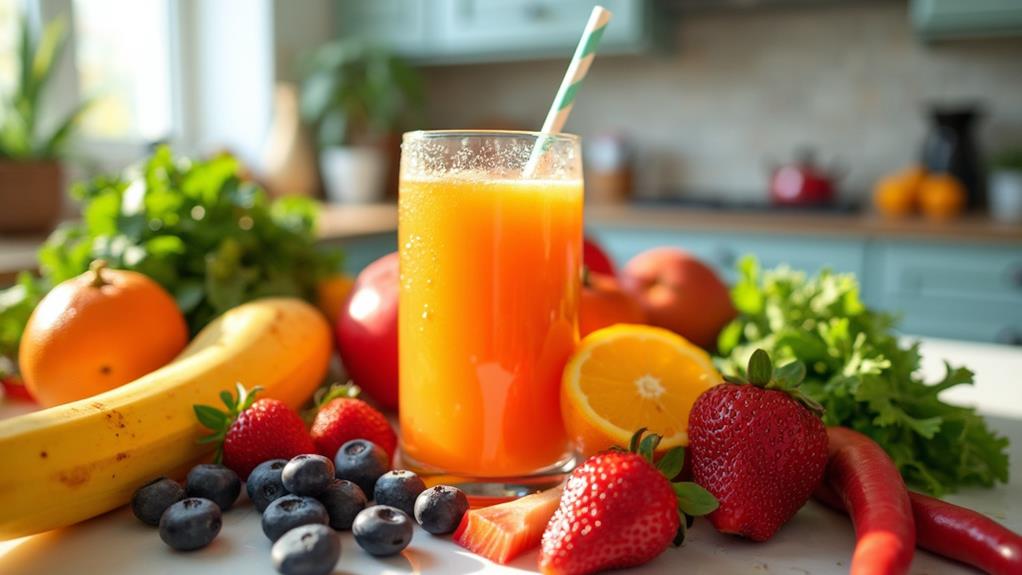
Cold-pressed juice, made using hydraulic presses, offers a nutrient-rich option for juice enthusiasts. This method extracts juice while preserving more nutrients than traditional juicing methods. Cold-pressed juices deliver a more intense taste experience, retaining the natural flavors and vibrant colors of fresh fruits and vegetables.
When it comes to health benefits, cold-pressed juice is rich in vitamins, minerals, and antioxidants, which contribute to better hydration and overall health. Here are three key benefits:
- Nutrient Density: Cold-pressed juice retains essential nutrients, making each sip a potent source of vitamins and minerals.
- No Preservatives: With no added preservatives, you get a pure and natural juice that supports a cleaner lifestyle.
- Improved Hydration: The high water content in cold-pressed juice helps keep you hydrated, supporting bodily functions and skin health.
However, due to the lack of pasteurization, cold-pressed juices have a shorter shelf life and are typically recommended for consumption within 2-3 days of purchase. Always store them in the refrigerator to maintain their freshness and safety. Enjoying cold-pressed juice promptly ensures you reap the maximum health benefits.

